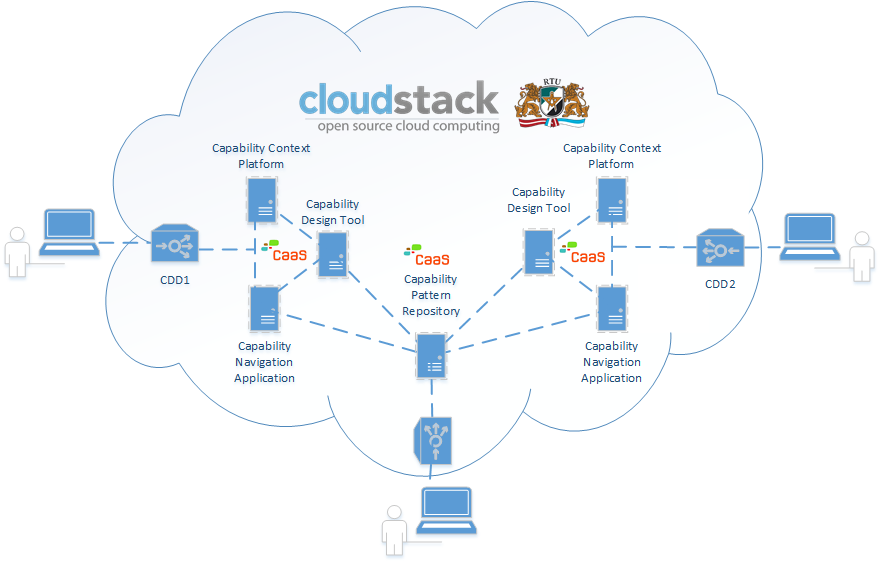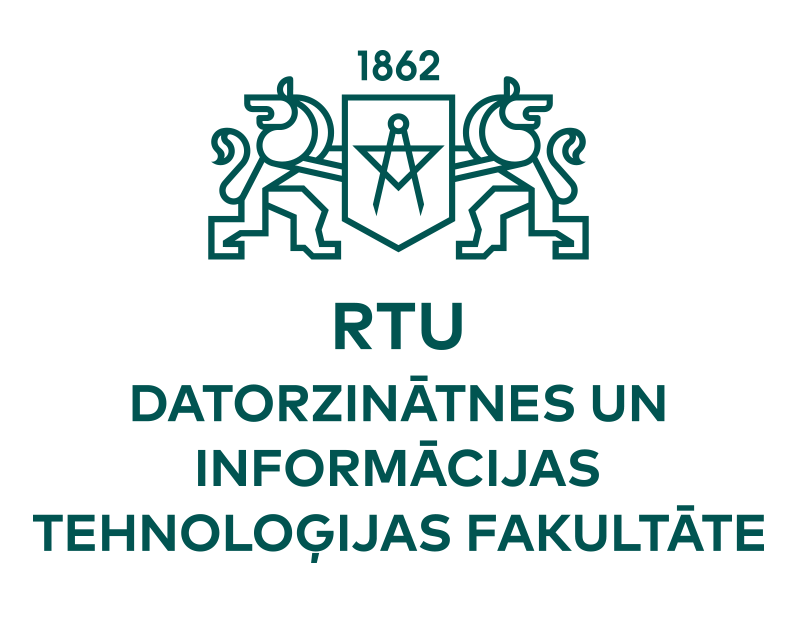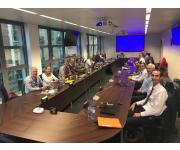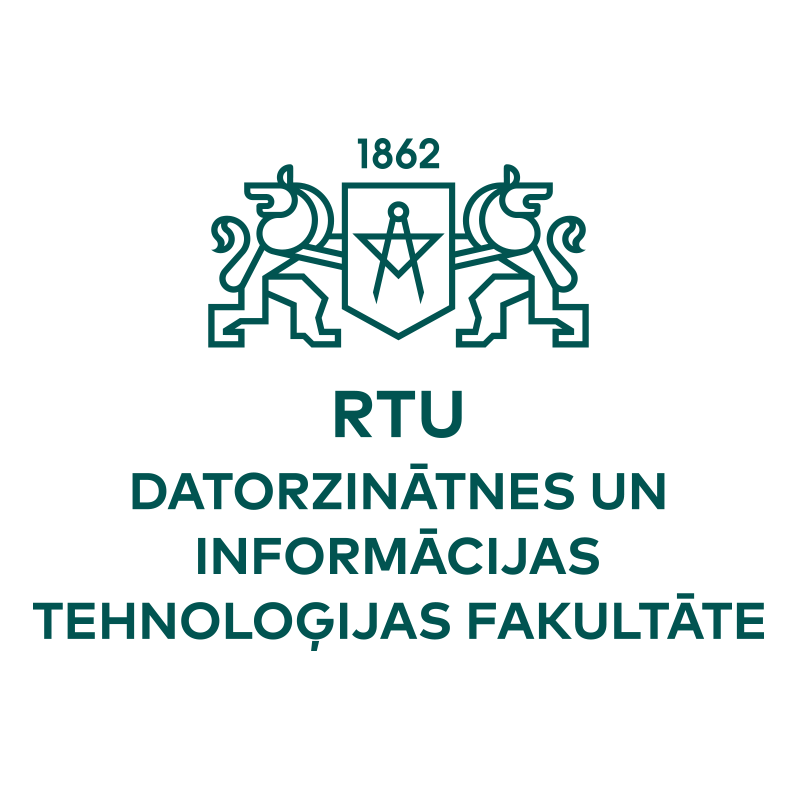
Projekta realizācijas laiks:
FP 7 ICT Programme Collaborative Project: CaaS – Capability as a Service for Digital Enterprises
Projekta realizācijas laiks: 01.09.2013.-01.09.2016.
Projektā piedalās Jānis Grabis, Jānis Kampars, Lauma Jokste un Solvita Bērziša
Projekta kopsavilkums:
An enterprises's capabilities is one factor that often determines competitive advantage and provides business
value. Capabilities refer to essential functions of the enterprise that link business goals to business processes,
resources and actors. These capabilities are mapped onto IT solutions, such as software services, that are
delivered to customers. Aligning an enterprise's capabilities to its service provision is far from a straightforward
task especially nowadays that the dominance and volatility of the Internet shifts the problem-solving focus, from
upfront predictable designs to identifying and capitalising on emerging and instantaneous business opportunities.
Operating in the modern digital business world increases the importance of business agility, for example, in
terms of customisation, availability and scalability. The requirement for modern information systems is to have
the capability of delivering business value considering contextual variations such as, business models of the
suppliers, user preferences and past activities, location, resource pricing and demand forecast, as well as local
legislation and practices.
The main goal of the CaaS project is to bring about a shift from the service-oriented paradigm to a capability
delivery paradigm. This puts particular focus on the context in which digital enterprises make their business,
requiring customisation of the business offerings as the context of delivery changes. The CaaS project aims to
facilitate configuration of business services and development of executable software to monitor the fitness of
purpose of these services to evolving business contexts and where necessary to adjust these services according
to the context. To this end, the CaaS project will deliver the Capability Driven Development (CDD) approach that
will allow digital enterprises to exploit the notion of 'capability' as a means of both designing for services and with
services.
The CDD will be in the form of (1) modelling languages for representing enterprise designs, context models,
and patterns, (2) a methodology for detailing how capabilities may be specified and how these may be used for
designing new services, (3) reusable best practices and capability delivery patterns, (4) algorithms for dealing
with business context awareness and service re-configuration, (5) a tool environment for modelling, design and
delivery, and (6) a set of case studies demonstrating the applicability of the CDD.
The project is driven by three use cases from different business domains namely, energy, compliance, and
e-government. These use cases act as the means of guiding the development of CDD, validating CDD and
revising CDD in a project lifecycle involving three major iterations.
It is expected that on completion, the CaaS project will deliver results that will be theoretically sound and
practically relevant with the potential for making a big impact on the delivery of software for the digital enterprise of tomorrow.




